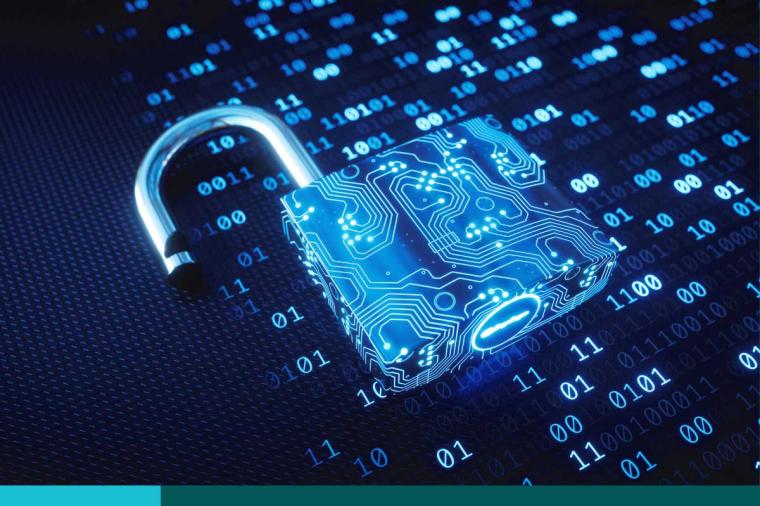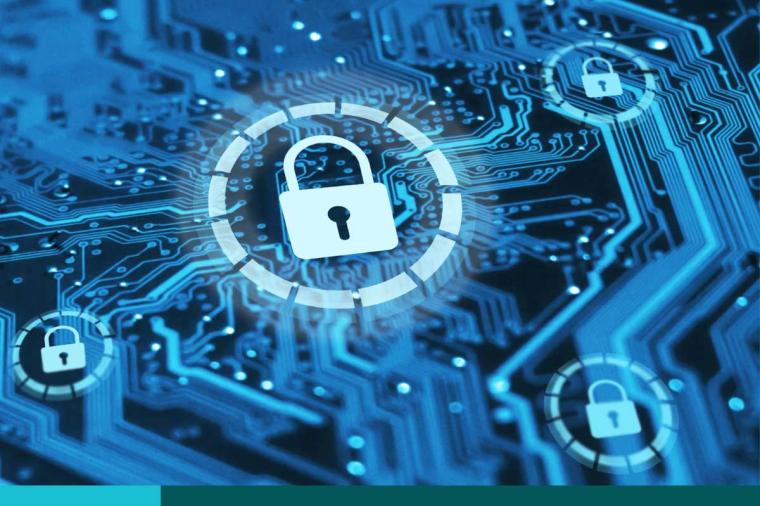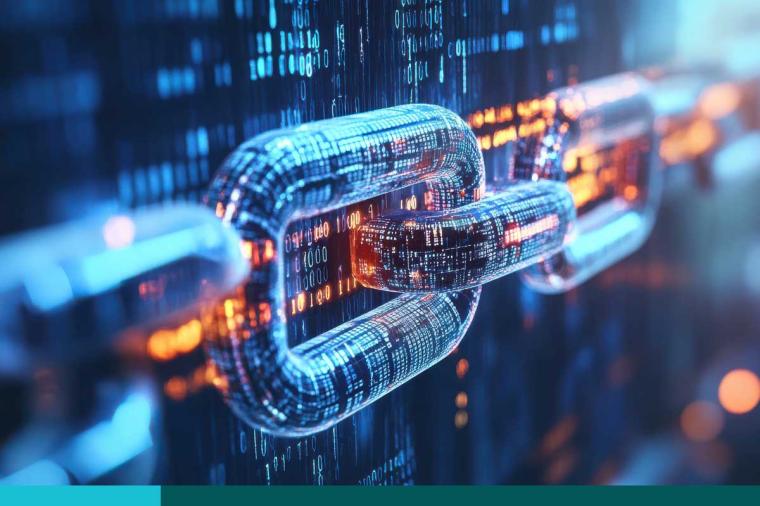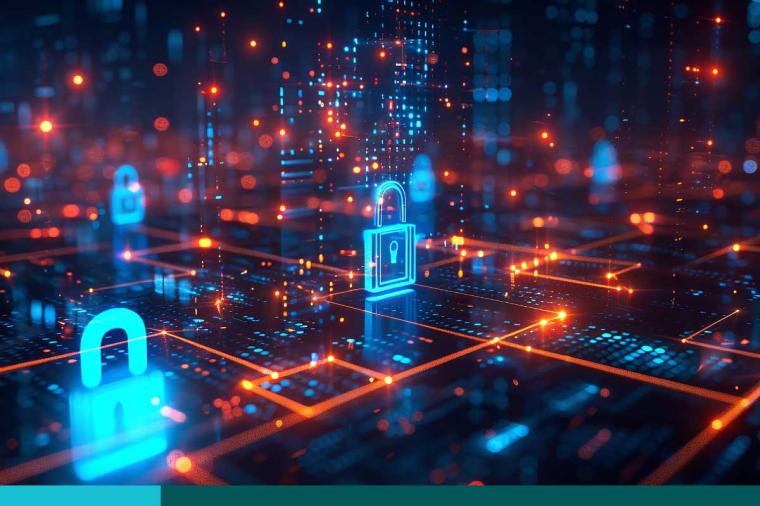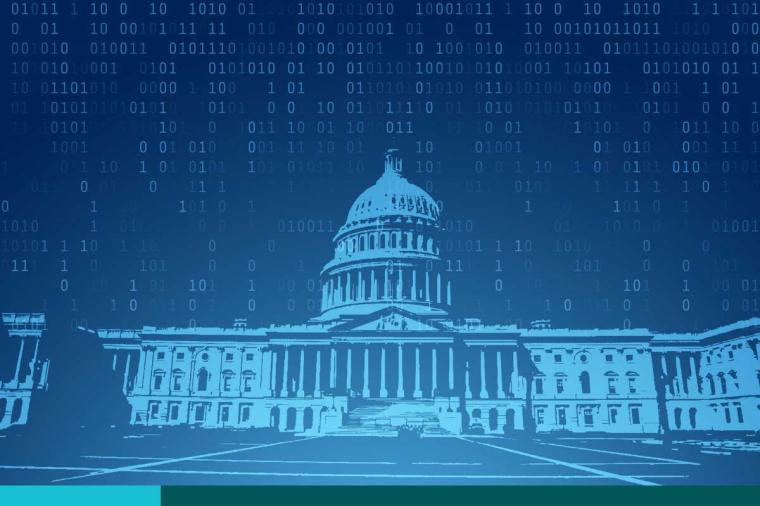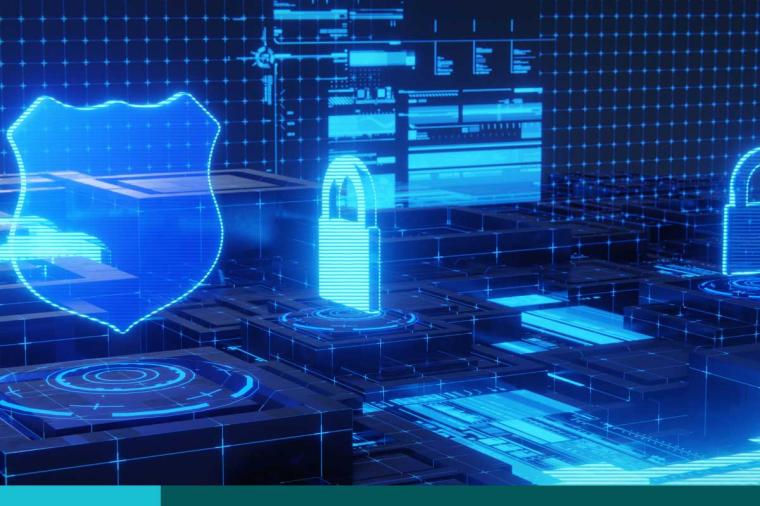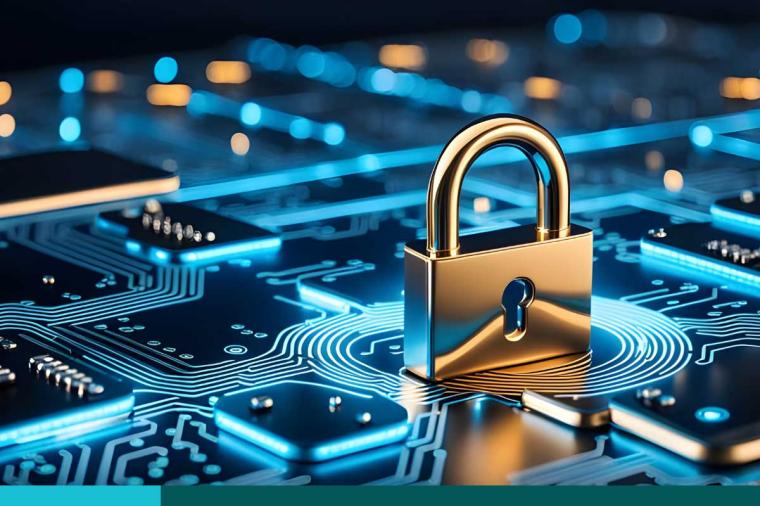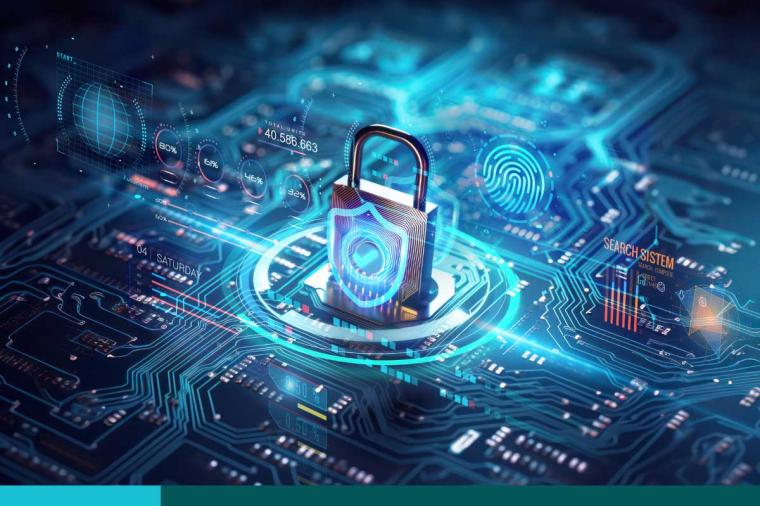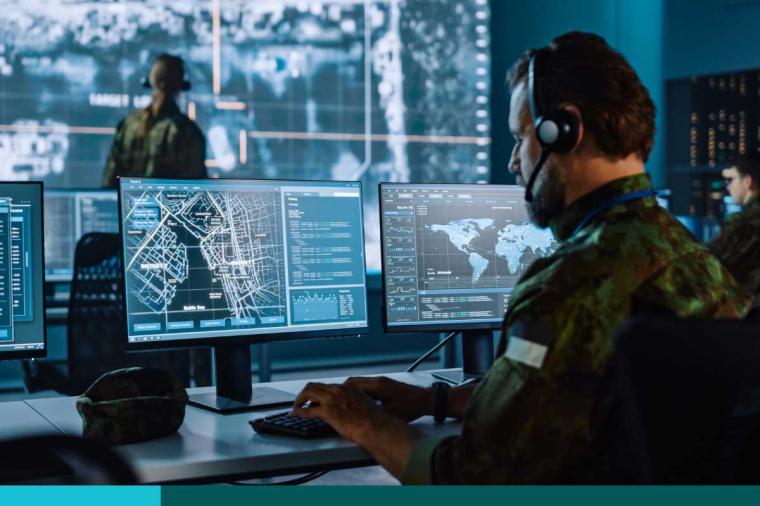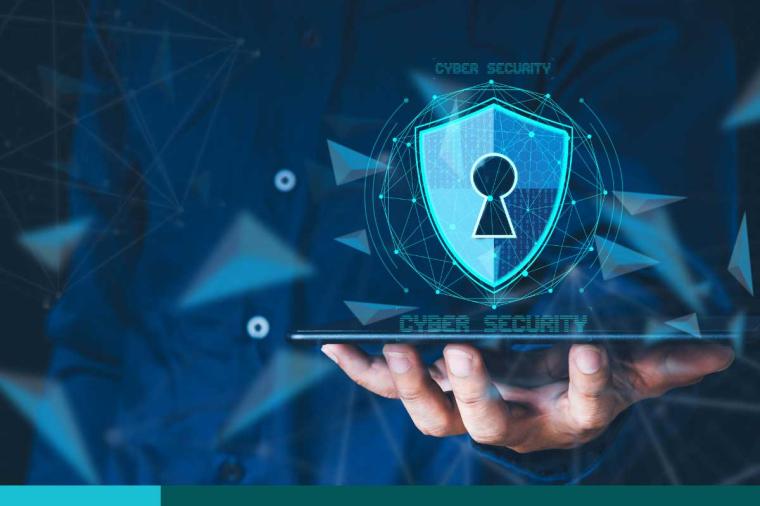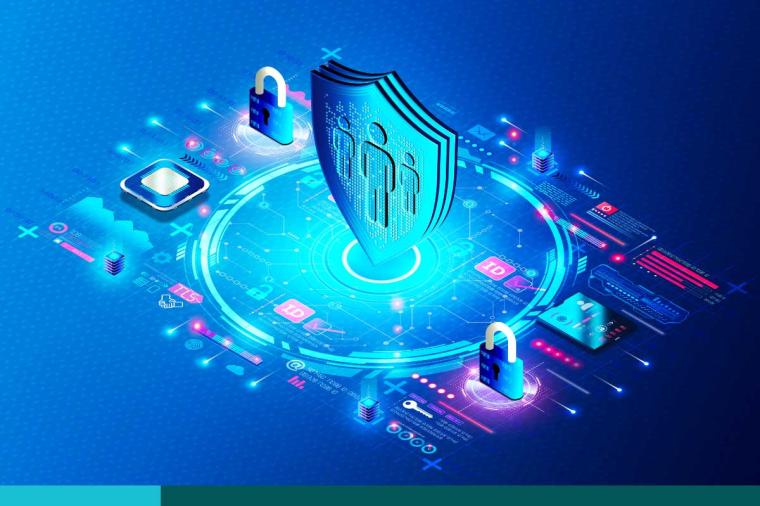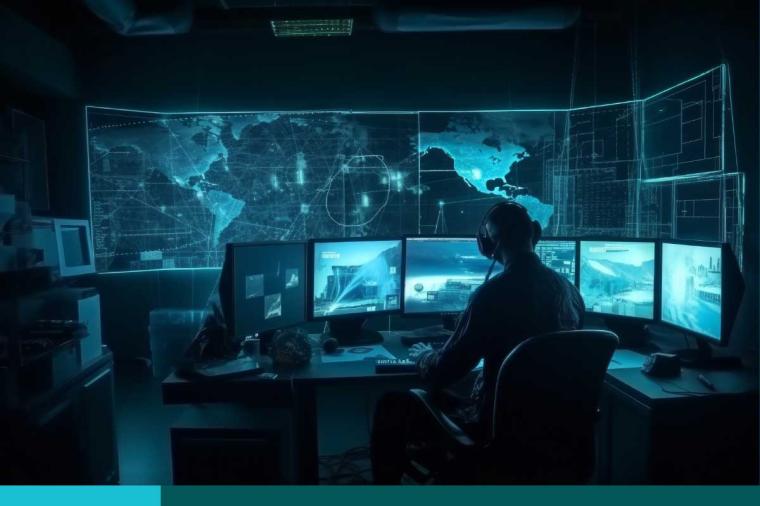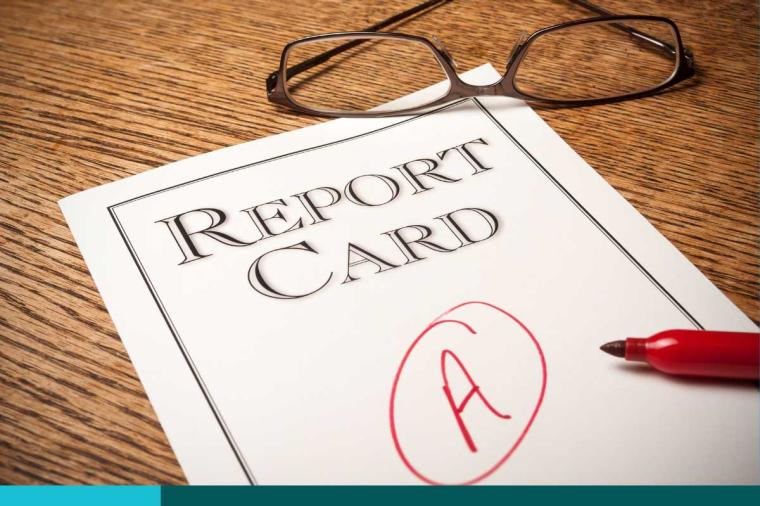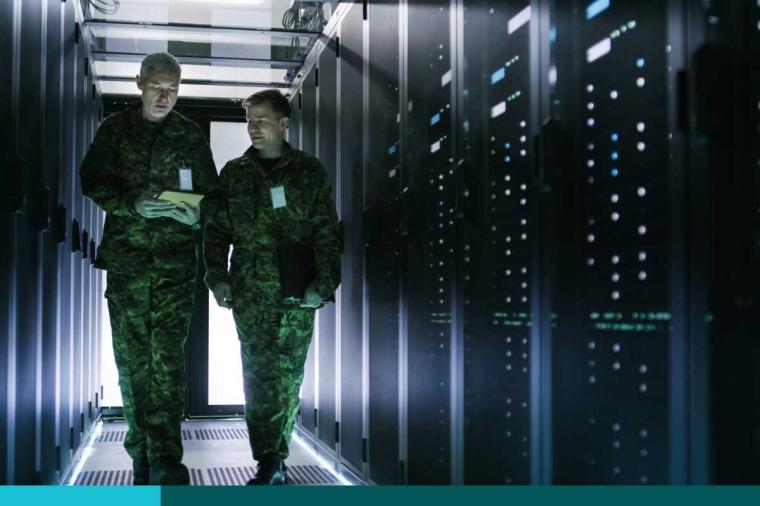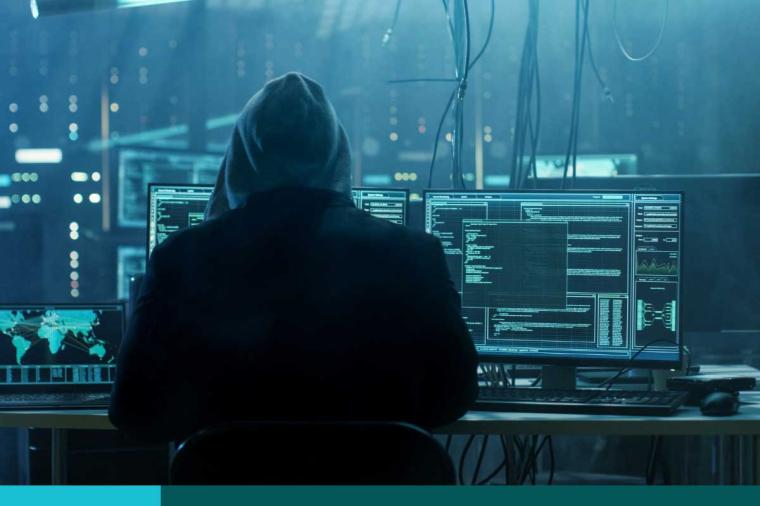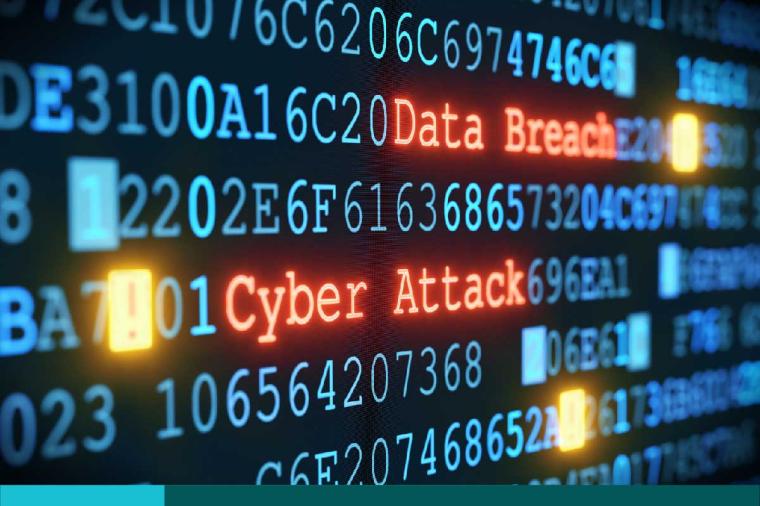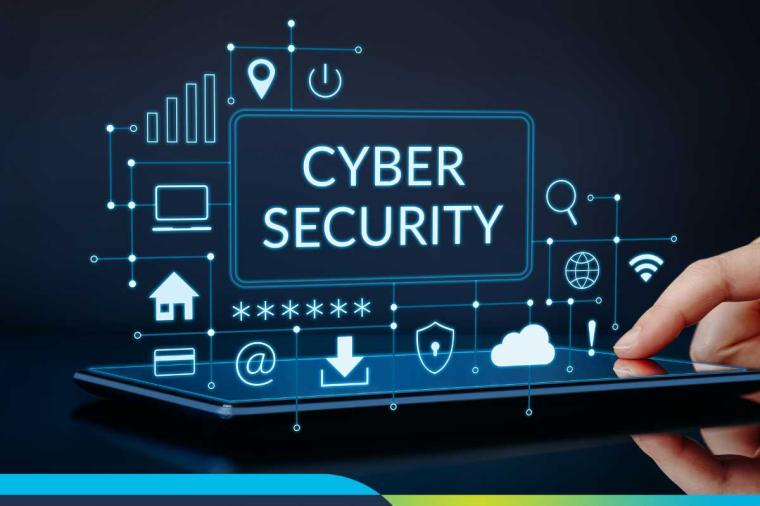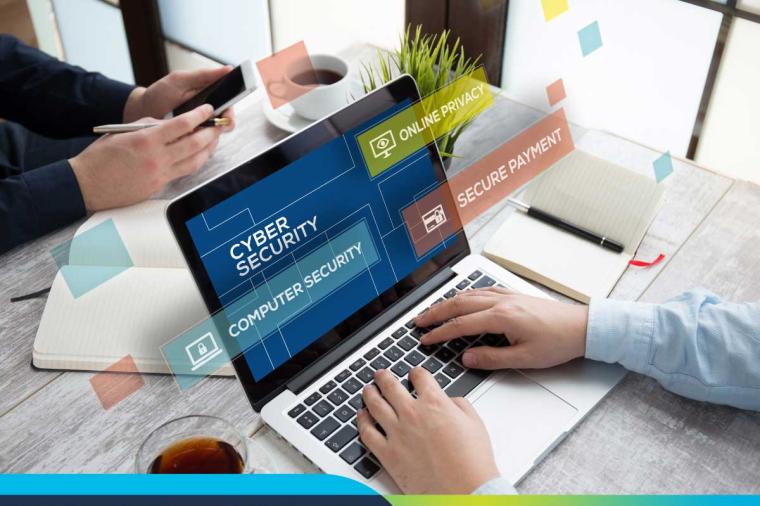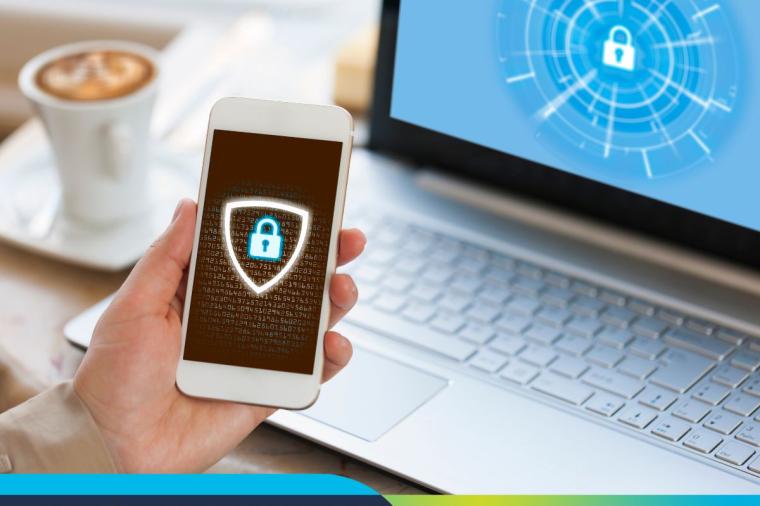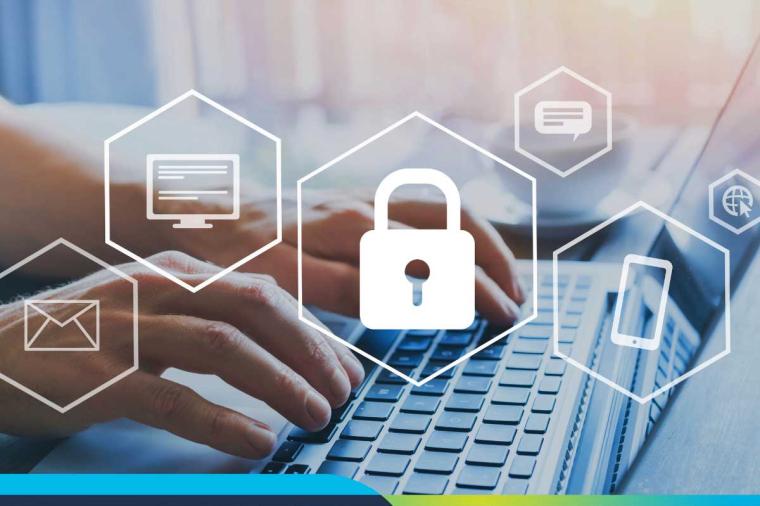DoD Eyes Blockchain Technology to Improve Cybersecurity
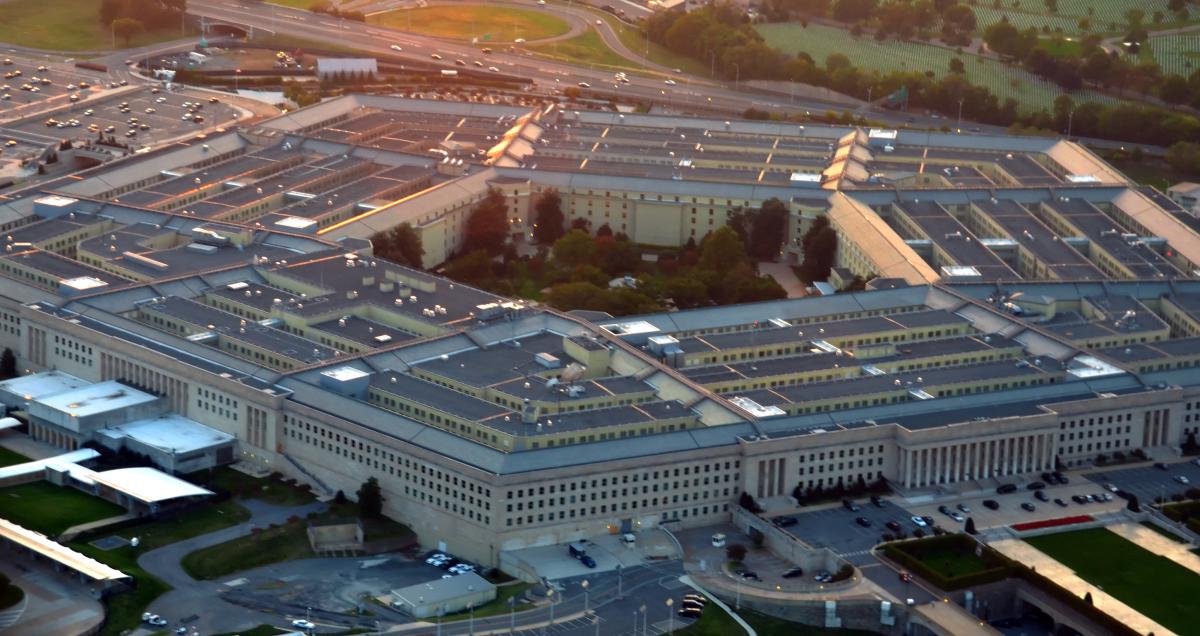
Could the technology that powers shadowy online cryptocurrencies used by terrorists, cyber criminals, and money launderers soon be deployed by the Department of Defense?
Blockchain, the technology that underpins the Bitcoin, is the latest rush of digital transformation technologies that could dramatically improve security across the U.S. military preventing hacks, tampering and cyberhijackings of vehicles, infrastructure entities, aircraft or satellites, reports The Washington Times. For example, blockchain could be used to protect intellectual property when the Navy uses 3D printing to make repairs on aircraft carriers.
DoD isn’t the only government entity exploring blockchain. The General Services Administration (GSA) is working on a pilot program to bring blockchain into the federal government. GSA sees blockchain as a new way to store government information ranging from federal patents and trademarks to government credentials such as visa, passports and Social Security numbers.
What is Blockchain Technology?
A blockchain is essentially a distributed database, like a spreadsheet or ledger, that is duplicated thousands of times across a network. Transactions or other important data are written and stored on a blockchain. That information can then be distributed across millions of computers. Think of it as a massive global spreadsheet that anyone can see and alter – kind of like Google Docs.
What differentiates blockchain is that it’s both open source and very secure. Strong encryption of data and distributed databases (no data is stored centrally and it can’t be controlled by a single entity) means that the blockchain or ledger has no single point of failure. If you want to hack it you’d have to override the entire network, making blockchain incorruptible.
As The Washington Times explains: “Any changes made to the database are immediately sent to all users to create a secure, established record. With copies of the data in all users’ hands — even if some users are hacked — the overall database remains safe.”
Extending beyond Bitcoin digital transactions, many of those eyeing blockchain are financial services firms who are looking to blockchain to improve processes and streamline transactions – without compromising security.
How Can Blockchain Help the Pentagon’s Cyber Mission?
DoD’s movement toward blockchain is an aggressive one. The Defense Advanced Research Projects Agency has released a request for proposals on a program that seeks to develop a blockchain-based messaging service for deployed U.S. troops.
If “significant portions of the [Defense Department] back-office infrastructure can be decentralized, smart documents and contracts can be instantly and securely sent and received, thereby reducing exposure to hackers and reducing needless delays in DoD back-office correspondence,” DARPA wrote.
The report also noted that DARPA also has begun development work on a blockchain-based code that cannot be breached by potential hackers.



